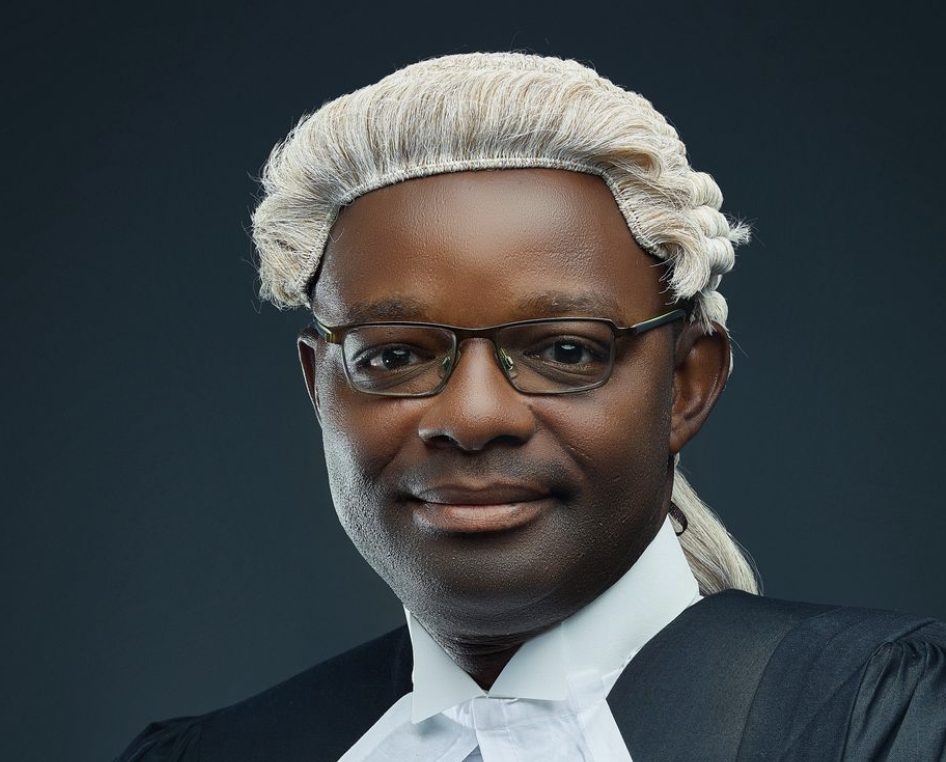Ghana’s legal education debate: Are we expecting too much too soon? – Nsemkeka
The legal community is once again abuzz with criticism about the preparedness of newly trained lawyers. Recent comments from Mr. Kwaku Ansa-Asare, former Director of the Ghana School of Law, suggest that fresh graduates lack the practical skills to function effectively in court. While his concerns highlight genuine gaps in legal training, his sweeping generalisations overlook critical nuances in the development of legal professionals.
Experience Takes Time: Why New Lawyers Aren’t Instant Experts
Claiming that young lawyers “don’t know how to move a court” is an oversimplification. Like any skilled profession, law requires time and practice to master. First-day jitters, unfamiliarity with courtroom dynamics, and the pressure of live advocacy are not signs of incompetence—they are part of the learning process.
Seasoned lawyers today were once novices themselves. The difference between a newly called lawyer and a veteran is not just training but years of hands-on experience. To expect flawless courtroom performance immediately after law school is unrealistic, not just in Ghana but in legal systems worldwide.
The Myth of the “Golden Age” of Lawyers
Nostalgia often distorts reality. The suggestion that past generations of lawyers were uniformly exceptional ignores history. Every era has produced both brilliant advocates and those who struggled. The key difference now is that heightened scrutiny in today’s legal environment demands transparency and accountability like never before.
If we examine the past objectively, we’ll find that the challenges facing young lawyers are not new. What has changed is the recognition that legal education must evolve to meet modern demands.
Reform Requires Collaboration, Not Just Criticism
Mr. Ansa-Asare rightly calls for an integrated legal education system. However, reform is a gradual process, and the proposed Legal Education Bill though imperfect represents progress. Rather than dismissing it outright, stakeholders should work to refine it.
Additionally, if practical training was insufficient during his tenure at the Ghana School of Law, one must ask: What proactive steps were taken to address it? Meaningful reform requires accountability from all parties—educators, law firms, and senior lawyers alike.
The Missing Link: Mentorship and Law Firm Responsibility
Legal education does not end at graduation. In many jurisdictions, young lawyers undergo rigorous apprenticeships under experienced mentors. Yet in Ghana, many law firms prioritise billable hours over training, leaving new lawyers to navigate the complex legal terrain alone.
If we truly want to improve the quality of legal practice, senior lawyers must commit to structured mentorship. The burden cannot fall solely on law schools.
Ghana’s System in Global Context
Comparisons to the US Juris Doctor (JD) model often overlook a key fact: even in advanced legal systems, new graduates require practical training before they excel. Internships, clerkships, and junior associate roles exist precisely because classroom learning alone is insufficient.
Moreover, legal practice today extends beyond courtroom theatrics. Skills in arbitration, corporate compliance, and legal tech are equally valuable, yet rarely discussed in these critiques.
A Balanced Path Forward
Instead of drastic overhauls, incremental improvements can bridge the gap:
- Enhanced simulations and mandatory internships – Law schools should integrate more practical exercises.
- Structured pupillage programs – The General Legal Council and Ghana Bar Association must enforce robust training frameworks.
- Continuing professional development – Senior lawyers should actively mentor the next generation.
Conclusion: Progress Over Perfection
Labelling all new lawyers as incompetent is not just unfair, it’s counterproductive. The legal profession is evolving, and while improvements are needed, we must acknowledge the strides already made.
Rather than fixating on perceived shortcomings, let’s focus on collaborative solutions. Great lawyers are not born in lecture halls; they are shaped through experience, guidance, and time. It’s time for all stakeholders, educators, practitioners, and policymakers to work together in building a stronger legal future for Ghana.
*******
Daniel Adjei is a Private Legal Practitioner and Advocate for Progressive Legal Education

